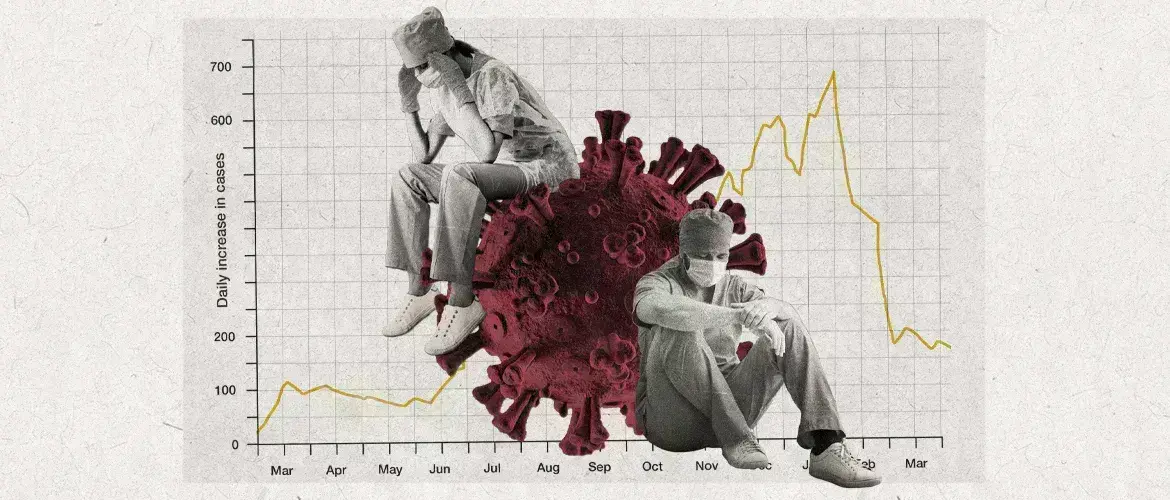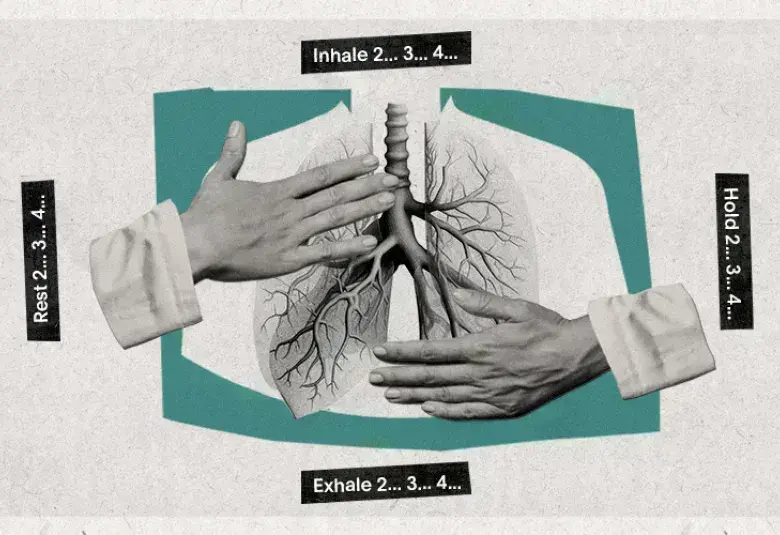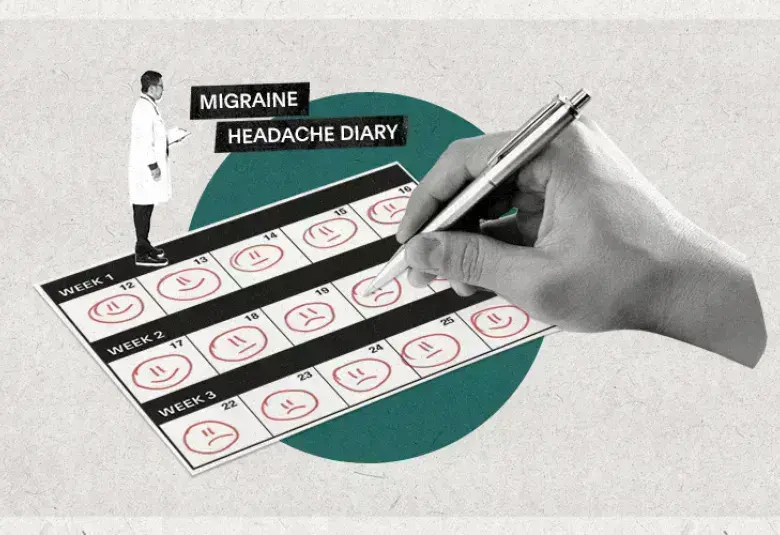The COVID-19 pandemic was unexpected, stressful, and full of uncertainty. It created significant distress for healthcare workers who have been the frontline warriors fighting against COVID-19. However, while they are fighting, what has been done to protect their mental well-being from pandemic stress and its negative long-term consequences on mental health?
At the 2022 CPA conference, a group of Canadian experts from the University of Toronto came together to answer this question. First, Dr. Rima Styra presented her study on how the COVID-19 pandemic affected the psychological well-being of healthcare workers. Then Drs. Mary Preisman, Mary Elliot, and Suze Berkhout presented the programs they developed in their institutions to support healthcare workers.
What did healthcare workers experience during the COVID-19 pandemic?
Dr. Styra presented the results of a multi-center cross-sectional study to investigate the psychological impact of dealing with COVID-19 on healthcare workers, including those who worked during 2003 SARS outbreak.1
3,852 healthcare workers completed the study survey, of which 1116 respondents (29.1%) also worked during the SARS outbreak. The results of the study showed that both clinical and non-clinical healthcare workers were experiencing psychological distress:
- 50.2% reported moderate/severe PTSD symptoms
- 24.6% reported moderate/severe anxiety symptoms
- 31.5% reported moderate/severe depression symptoms
- 25.7% started or increased their use of alcohol
- 14.1% reported hypnotic use
- 34.7% neglected their health, including seeing their family physician or therapist
Surprisingly, those with SARS experience did not have higher scores for PTSD, depression, and anxiety than healthcare workers who did not work during the SARS outbreak. “This is a promising kind of finding that may be in the future, with the increased experience and the sense of self-efficacy, people might do quite well having had experience COVID-19,” Dr. Styra speculated.
The study also showed that most healthcare workers seek support, highlighting the need for accessible, high-quality support and education programs for all healthcare workers across their institutions.
Many healthcare workers experienced distress during COVID 19 pandemic and sought support, highlighting the need for high quality support and education programs.
So, what kind of support programs would fill the need to support healthcare workers to fight off the distresses of COVID-19?
Three speakers presented the unique programs they developed in their institutions to answer this question.
Mount Sinai hospital: a resilience coaching program
Dr. Preisman explained that the goal at Mount Sinai hospital was to leverage the existing resources to respond quickly to healthcare workers’ needs. As such, the consultation-liaison psychiatry department developed a resilience coaching program.2
In this program, coaches were in-house mental health clinicians embedded within the clinical units who provided timely support to groups in a manner that aligned with the clinical milieu. The coaching was in the form of peer support that leveraged the power of existing relationships to facilitate coping and adaptation.
The coaches used psychotherapeutic skills to support healthcare workers based on their needs. For example, coaches might lead mindfulness group exercises, provide one-on-one support to an individual, or navigate a discussion about a stressful situation.
A qualitative analysis of the program showed that staff found the program helpful in fostering connection and reducing isolation. In addition, coaches were happy about being able to support their colleagues. However, the challenges of the program included scheduling and access to coaching due to time constraints and limited funding.
Princess Margaret Hospital (PMH): CREATE (Compassion, Resilience, and Team Building)
Dr. Elliot explained that CREATE was a team-based support program embedded in teams’ workflow to provide timely support to healthcare workers. In CREATE, thirteen psychosocial coaches were paired with clinical managers to support 27 healthcare worker teams.3
Each day, time was carved out of the daily safety huddles for coaches to address team needs. These needs were categorized into four themes (psychological, social, physical, and spiritual), and interventions were designed to address each category.
The results of CREATE showed that the emotional tone expressed within the teams became more positive over time. In addition, healthcare workers, coaches, and hospital leadership valued the program.
CREATE was available to teams until wave three of the COVID pandemic. After that, the program has been available to clinical teams by request.
Institution culture and users’ needs are two main factors in developing a support program for healthcare workers.
University Health Network (UHN): UHN COVID Coping and Resilience for Employees and Staff (CARES)
At UHN, a quality improvement approach was used to create a stepped-care model to support UHN staff, including healthcare workers.4 As part of this model, a needs assessment was done to identify healthcare workers’ needs and sources of distress. Then different elements of the CARES program were created, including team CARES, UHN CARES, support programs for the supporters of CARES, and wellness team leads across UHN.
In this presentation, Dr. Berkhout focused on the UHN CARES, a stepped-care mental health program for all the employees at UHN. The care steps included curated online self-directed mental health resources on the UHN COVID webpage, virtual group-based interventions, and individual mental health care services.
Any employee at UHN could self-triage to the level of care most appropriate to their needs, and care was available online or through phone during or after work hours and on weekends. More interestingly, employees could self-refer to see a psychiatrist or psychologist one-on-one for COVID-related mental health issues. The average wait time from self-referral to initial appointment was 5.4 days, but highly distressed individuals (e.g., those with suicidal or self-harm thoughts) would be seen within one day.
The UHN CARES program is still ongoing and funded through a grant. So far, the UHN COVID webpage has had more than 12000 hits, and 166 people have self-referred for individual mental health care. Based on post-care user feedback, the program is effective and valued.
Institution-driven mental health support programs for healthcare workers are feasible.
What are the lessons from these programs?
These programs show that an institution-driven mental health program to support healthcare workers is feasible and valued when it fits the needs of its user. In addition, while the principles (e.g., psychotherapy principles) to create a support program might be similar, their format may shift “based on the culture of the institution and what people need,” Dr. Sheehan said.
Our correspondent’s highlights from the symposium are meant as a fair representation of the scientific content presented. The views and opinions expressed on this page do not necessarily reflect those of Lundbeck.




